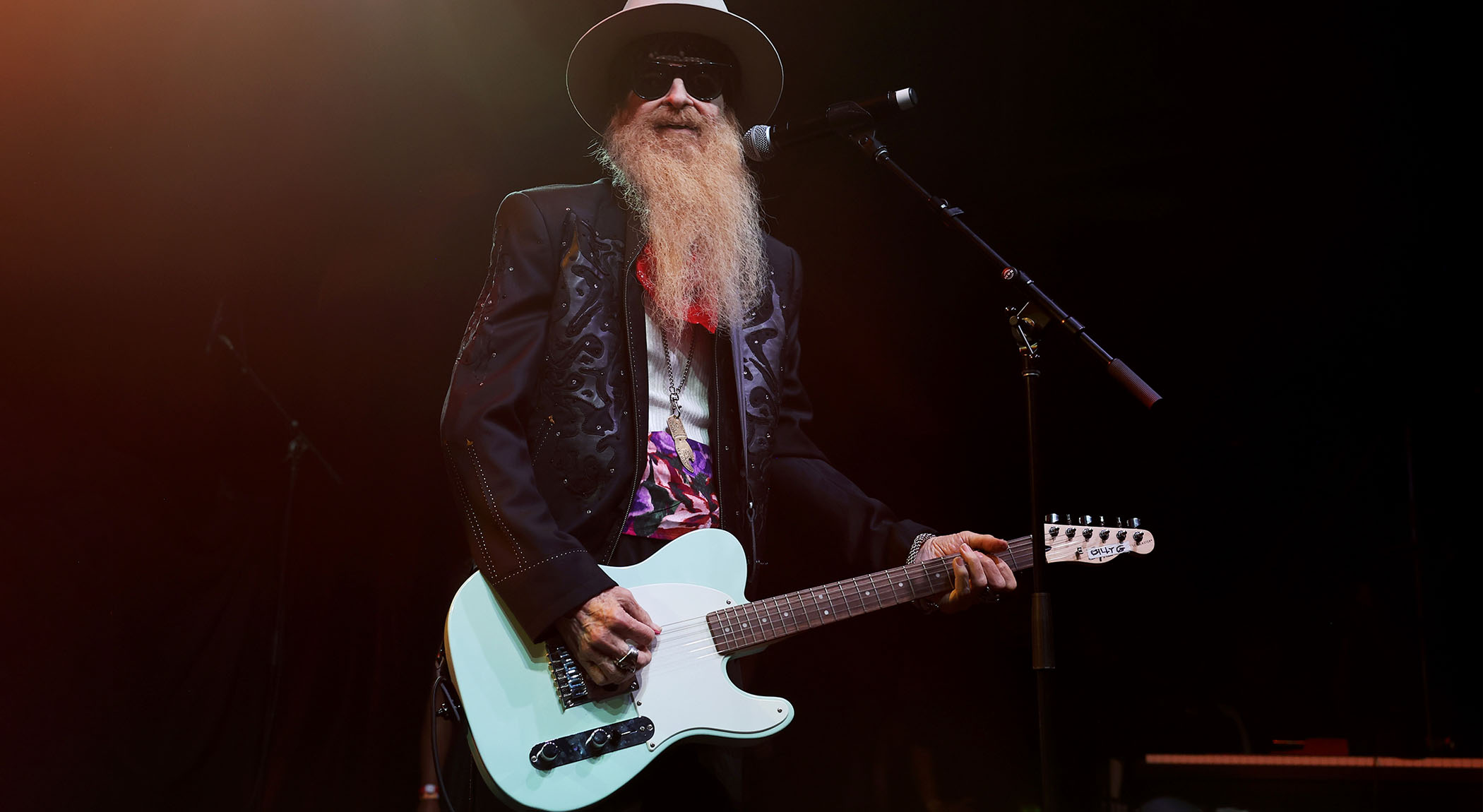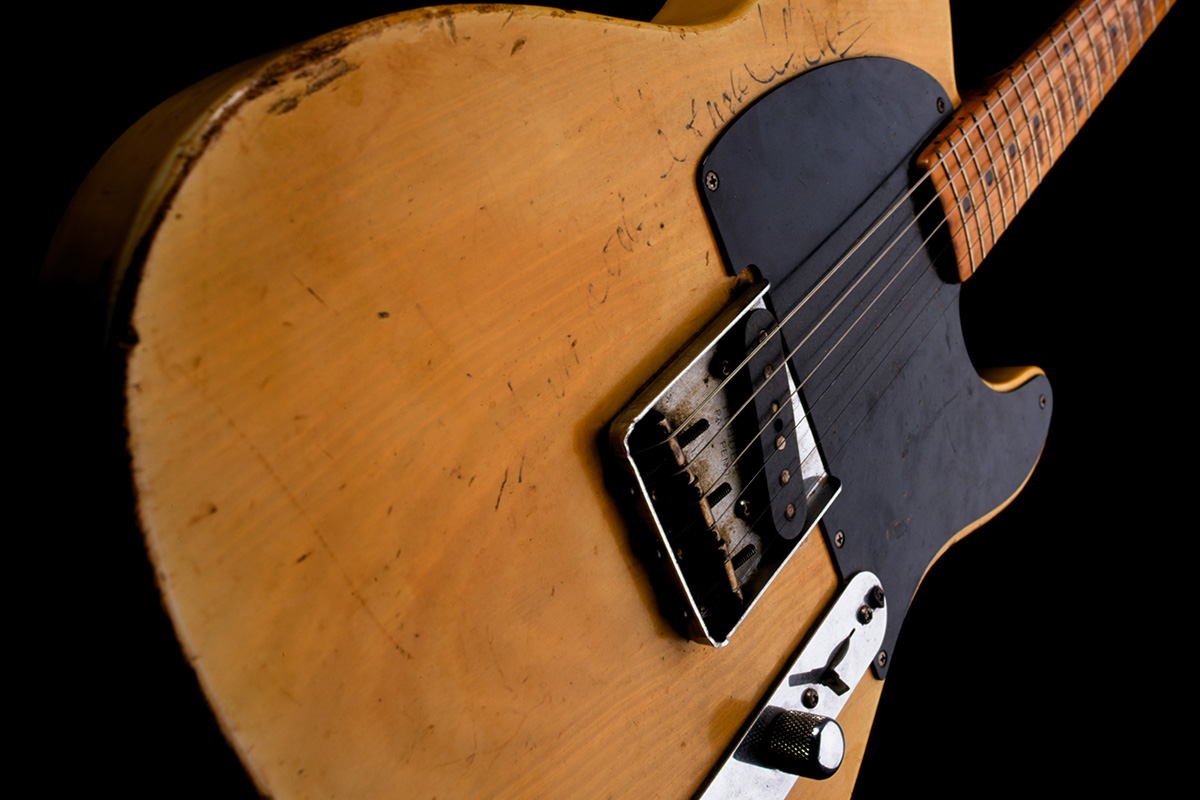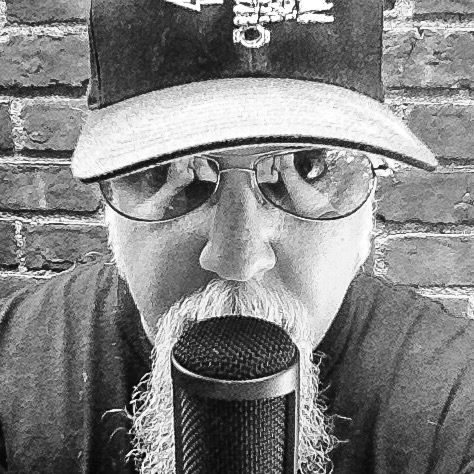“This is basically the single-coil equivalent of what Eddie Van Halen did when he wired a humbucker directly to the volume control on his Frankenstein guitar”: Why the Fender Esquire remains a stone-cold classic
Loved by Billy Gibbons, Steve Cropper and Jeff Beck, the Fender Esquire is one of those guitars that have stood the test of time and proved that sometimes one pickup is all you need

It’s pretty damn cool that the very first commercially produced solidbody electric guitar, the Fender Esquire, can still kick serious butt today; you can’t say that about too many 75-year-olds.
Many guitarists often forget that the Esquire came before the Telecaster and that a two-pickup version of the Esquire, which came a few months after the single-pickup version, was essentially the first Broadcaster/Nocaster/Telecaster. But here I’m just going to focus on the single-pickup version.
Featuring just one single-coil pickup in the bridge position, a volume knob and a tone knob, the Esquire seems like a no-frills minimalist design. However, if you look closely you’ll notice it also has a three-position blade switch.
Instead of the usual pickup switching function, this switch ingeniously provides access to three different wiring configurations that enable it to maximize the potential of its otherwise minimalist design. As a result, the Esquire also provides distinctive tones that aren’t available from the Telecaster.

In position one (switch all the way back pointing to the bottom of the guitar) the pickup is wired to the volume control only, taking the tone potentiometer and capacitor out of the equation.
This is a bright and bold setting that’s perfect for loud solos that cut right through the mix. This is basically the single-coil equivalent of what Eddie Van Halen did in 1977 when he wired a humbucker directly to the volume control on his legendary Frankenstein guitar, but pre-dating Eddie’s feat by 27 years.
In the middle position the tone pot and cap are added to the circuit, resulting in the same setting and similar tones as a Telecaster’s bridge pickup-only setting. The third position (full forward) was something Leo Fender designed so the Esquire could be used as an ersatz bass guitar (mind you this was before he invented the Precision Bass). Here, the tone pot is bypassed again, but a capacitor and resistor are wired to the switch to provide a bass roll-off function.
Get The Pick Newsletter
All the latest guitar news, interviews, lessons, reviews, deals and more, direct to your inbox!
The original Esquire with its butterscotch blonde finish, maple neck and black pickguard still looks as cool as it did in the mid Fifties when a young Jeff Beck was seduced by the instrument in the hands of Gene Vincent’s and Little Richard’s guitar players in The Girl Can’t Help It.
When Beck got his own Esquire in late June/early July 1965, he showcased its versatility on Yardbirds tracks like the howling train whistles and grinding riff of The Train Kept A-Rollin’, the psychedelic squall and feedback experiments of Shapes of Things, the percussive rave-up of I’m a Man and much more.
Other notable artists and recordings featuring the Esquire include Johnny Cash’s early Sun singles with Luther Perkins, Steve Cropper on Booker T. and the M.G.’s Green Onions Syd Barrett and David Gilmour with Pink Floyd, Paul McCartney with the Beatles, Bruce Springsteen throughout his entire career, Brian May on Queen’s Crazy Little Thing Called Love, Billie Joe Armstrong with Green Day and many others.
Billy Gibbons is a particularly notable connoisseur par excellence who has brandished many dazzling custom Esquires with ZZ Top over the years.
Today, Fender/Squier offers a variety of Esquire models updated with bridge humbucking pickups as well as the super-cool Brad Paisley Esquire, which sort of “cheats” with its hidden Seymour Duncan Secret Agent neck pickup and bridge/both/neck Tele-style wiring. But whether it’s a vintage version or a modern update, nothing quite defines the phrase “less is more” than a Fender Esquire.
Chris is the co-author of Eruption - Conversations with Eddie Van Halen. He is a 40-year music industry veteran who started at Boardwalk Entertainment (Joan Jett, Night Ranger) and Roland US before becoming a guitar journalist in 1991. He has interviewed more than 600 artists, written more than 1,400 product reviews and contributed to Jeff Beck’s Beck 01: Hot Rods and Rock & Roll and Eric Clapton’s Six String Stories.
You must confirm your public display name before commenting
Please logout and then login again, you will then be prompted to enter your display name.
“What blew me away was that everyone wanted the curly maple top. People were calling, saying, ‘I’ve got to have the bird inlays’”: Paul Reed Smith on raising the Standard 24, finally cracking the noise-free guitar and why John Sykes is a tone hero
“It combines unique aesthetics with modern playability and impressive tone, creating a Firebird unlike any I’ve had the pleasure of playing before”: Gibson Firebird Platypus review





![[from left] George Harrison with his Gretsch Country Gentleman, Norman Harris of Norman's Rare Guitars holds a gold-top Les Paul, John Fogerty with his legendary 1969 Rickenbacker](https://cdn.mos.cms.futurecdn.net/TuH3nuhn9etqjdn5sy4ntW.jpg)







